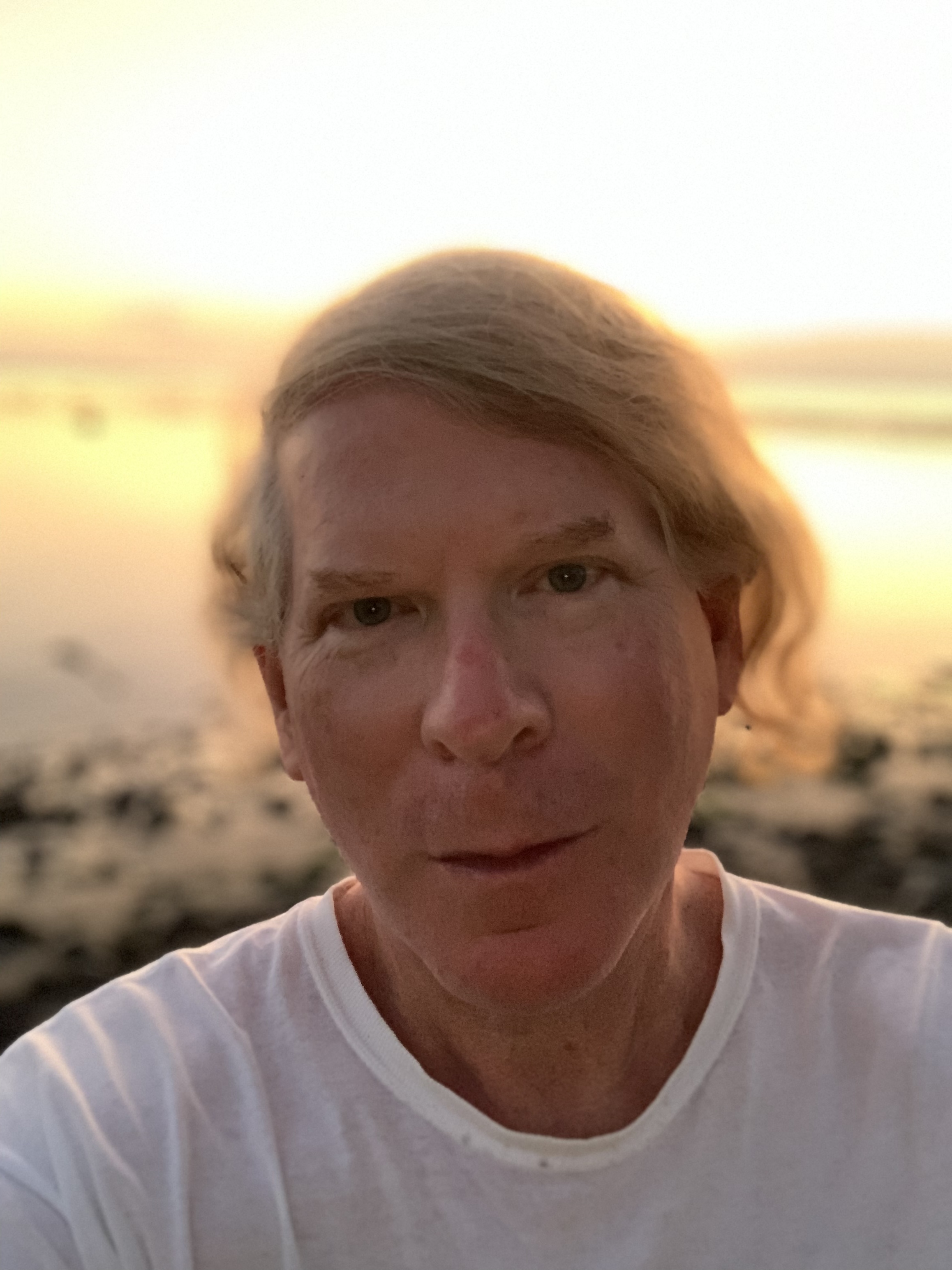Approaching What May Be Daunting

Michael Robinson
Regarding my recent collaboration with Eliot Zigmund, a prominent jazz person was kind enough to share how while being intrigued and impressed, he found the length of tracks and amount of albums daunting. What follows are some thoughts along those lines, applying equally to my recent collaboration with Anindo Chatterjee. Unusually long durations reflect my unique perspective arising from studies with raga masters of India, including Pandit Jasraj, Shivkumar Sharma, Anindo Chatterjee, Harihar Rao, the senior disciple of Ravi Shankar, and Nazir Ali Jairazbhoy. While other jazz musicians have merged raga influences in modal contexts, I would appear to be the first jazz musician to do some in the context of standards, treating their melodic and harmonic constructs simultaneously in a poly-modal parallel universe of sound. This may necessitate listening anew in terms of what Eliot, Anindo and myself have done being an unprecedented form of jazz implementing the scale size of ragas with an opportunity for listeners to discover something unique. Lee Konitz and I became close friends after taking improvisation lessons with him in NYC during the summer of 1975, our friendship post-lessons beginning around 1990, much of the considerable time spent together really being a continuation of the lessons, constantly discussing and listening to music together with my asking many questions. One amazing aspect is how during our last phone conversation, a few months before he left us, Lee implored me to begin playing jazz, something that didn't make sense because at the time I was predominantly a composer only. However, unusual circumstances turned me into a pianist, too, and Lee's declaration has now come to be using the instrument of Lee's teacher, Lennie Tristano, a favorite jazz pianist of mine, including deriving extensive use of left hand bass lines from the Italian American pianist, going even further in that direction than himself. Red Garland is another huge favorite, my piano chord concepts coming equally from both Garland and Henry Cowell, a contemporary and key supporter of Charles Ives. Cowell, my piano teacher, Jocelyn, and myself share the same March 11 birthday. Cowell also inspired the Sonatas and Interludes for Prepared Piano by John Cage, which many regard as his finest composition. I appear to be the first person to recognize how standards are the ragas of jazz, uncovering key, pertinent connections, thus it is possible when listening to my jazz interpretations to enter so in the context of raga scope even though the focus is on standards. I do not differentiate between the two forms, they having unified in my approach reflecting how durations are typically 30 to 60 minutes or more with ragas. Improvisational philosophy learned from my Indian teachers regard elaboration, the way of doing things, as divine, sacred ritual offered to the presiding deity of the raga, oftentimes Shiva, Vishnu or Mata Kali, or the feeling of God or nature, whichever one's preference. I was not raised with any religion, though my cultural heritage, like Lee Konitz, is Jewish, specifically Russian on my father's side, and Hungarian and Polish on my mother's side. If one is fortunate enough to find time, my piano recordings offer a unique improvisational perspective, including continuity and form arising from feeling and rasa, my having deep love for the standards played. Among four new albums with Anindo Chatterjee are a 75 minute interpretation of Cherokee, and a 78 minute extemporization on Hey Jude, not that there was any prior intent for these lengths, rather that's where the musical content surprisingly led spontaneously without premeditation. Similarly, my albums with Eliot Zigmund include a 47 minute Lullaby of the Leaves, a 37 minute But Beautiful, and a 44 minute A Foggy Day. As far as the amount of material, this is what comes naturally to me, not really thinking about conventions of what others do. - Michael Robinson, February 2023, Los Angeles
© 2023 Michael Robinson All rights reserved
Please note that new essays are often added to and edited for up to 72 hours after being published, so you are invited to revisit here.
Michael Robinson is a Los Angeles-based composer, programmer, jazz pianist and musicologist. His 198 albums include 151 albums for meruvina and 47 albums of piano improvisations. Robinson has been a lecturer at UCLA, Bard College and California State University Long Beach and Dominguez Hills.
|